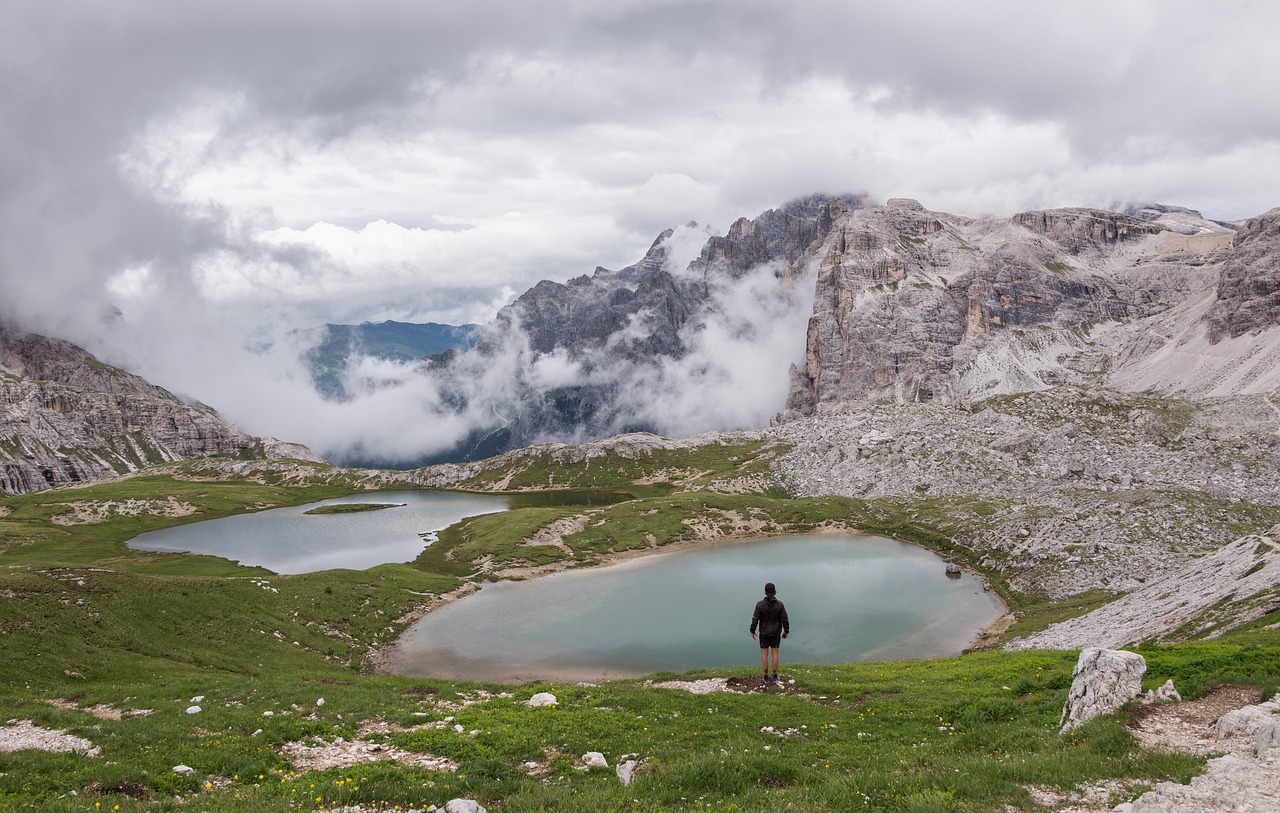Let’s explore how ultralight backpacking aligns with the principles of minimalism:
- Simplicity: Both ultralight backpacking and minimalism emphasize the beauty of simplicity. Ultralight backpackers carefully curate their gear, selecting only essential items that serve multiple purposes, reducing clutter and excess in their packs. Similarly, minimalism advocates for decluttering living spaces and focusing on what truly matters in life.
- Prioritizing Value: Minimalism encourages individuals to prioritize experiences and relationships over material possessions. Ultralight backpackers align with this by valuing the experience of the journey itself rather than being weighed down by unnecessary gear. They invest in high-quality, functional gear that enhances their outdoor adventures.
- Mindful Consumption: Both philosophies advocate for mindful consumption. Ultralight backpackers carefully evaluate each piece of gear’s value and purpose before adding it to their packs. Minimalists similarly consider the value of each item they bring into their lives, aiming to reduce waste and consumerism.
- Environmental Awareness: Minimalism and ultralight backpacking often coincide with an awareness of the environment. Ultralight backpackers, through their Leave No Trace practices, strive to minimize their impact on nature. Minimalists may also opt for sustainable products and practices to reduce their ecological footprint.
- Embracing Constraints: Both approaches involve embracing constraints and limitations. Ultralight backpackers accept the limitations of their pack weight, optimizing their gear choices accordingly. Minimalists intentionally set boundaries on possessions, leading to a focus on quality over quantity.
In essence, ultralight backpacking and minimalism both advocate for intentional living, conscious consumption, and a focus on what truly adds value and meaning to our lives. Whether you’re on the trail or in your daily routine, these philosophies encourage us to embrace simplicity and find contentment in experiences rather than possessions.

